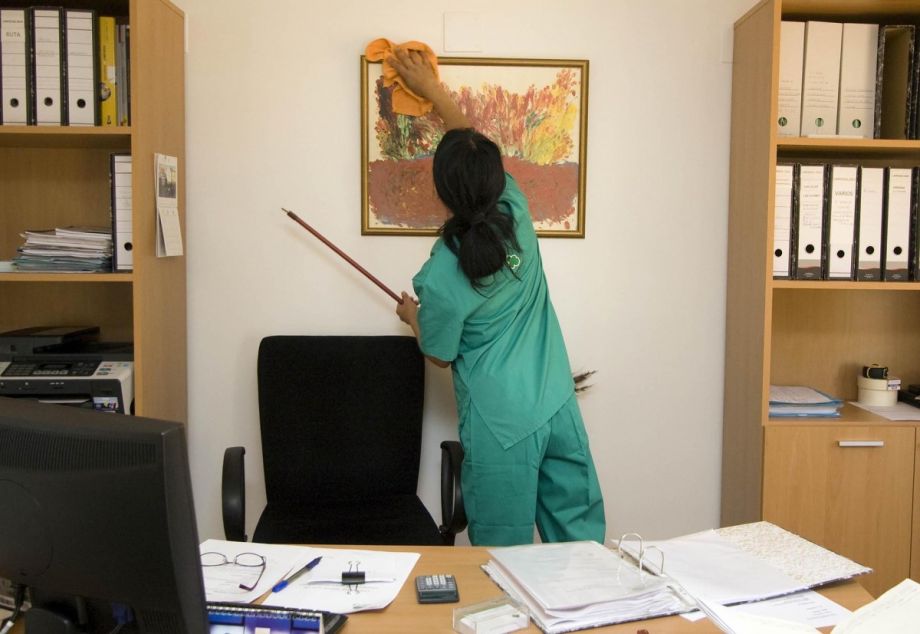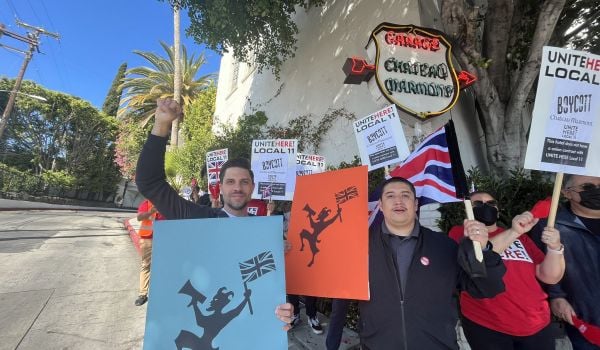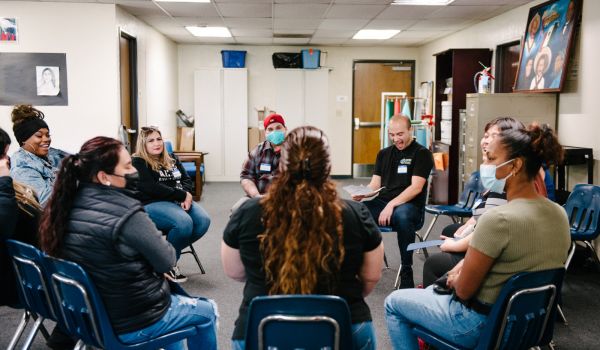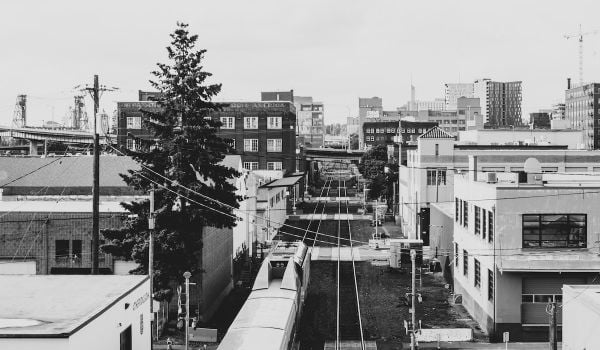D.C. Poised To Pass Domestic Workers Bill of Rights
DCist reports that the D.C. Council voted unanimously in favor of the Domestic Worker Employment Rights Amendment Act of 2022 (also known as the Domestic Workers Bill of Rights) in the first of two votes needed to pass the legislation. The next vote will be held Dec. 20.
“The bill has three main provisions,” the D.C. Line reports. “It explicitly grants domestic workers basic human rights protections, requires employers and employees to sign contracts to define work scope, and authorizes grants to community organizations to publicize the requirements.”
The bill would protect more than 9,000 domestic workers in the district – from housekeepers to nannies to home health aides – against sexual harassment, discrimination based on protected classes, and occupational health and safety law violations.
In 2019, Philadelphia “set a new gold standard for domestic worker protections” by passing its own Domestic Worker Bill of Rights, as our senior economic justice correspondent Oscar Perry Abello reported then: “The legislation guarantees rest and meal breaks, paid time off, civil rights protections and written contracts for just about all domestic workers — even if their employers don’t actually give them a contract spelling out all the above.”
NYC Audit: Bronx Left Behind On Covid Small Business Funding
Curbed looks at a new audit by the New York City comptroller, which finds that the nearly $48 million in Covid-19 relief loans and grants provided by the city’s Department of Small Business Services were distributed unevenly across the city’s boroughs. The Bronx – where 40% of businesses closed during the pandemic, per a local community development group – received the least funds. Bronx-based businesses received 2% of the program’s grant funds, though they comprised almost 8% of eligible businesses, Curbed reports.
San Francisco’s Guaranteed Income For Black Moms-To-Be Is Going Statewide
Next City recently looked at how guaranteed income has gone from local to state policy in California, where the state budget has “earmarked a five-year, $35 million general fund to make grants for guaranteed income pilots.”
Now, a San Francisco-based guaranteed income program – that since June 2021 has sought to reduce racial birth disparities by giving monthly checks to pregnant Black and Pacific Islander women – has received $5 million from the California Department of Social Services to expand statewide. Abundant Birth Project, a San Francisco Department of Public Health program, will launch next year in Alameda, Contra Costa, Los Angeles and Riverside counties and include an additional 425 parents, the department has announced.
“The Abundant Birth Project has proven to be successful in San Francisco and brings an innovative, equitable approach to addressing disproportionate health impacts largely among Black families,” Mayor London Breed said in a statement. “We hope the Abundant Birth Project serves as a model to address racial birth disparities throughout the region and state, and across the country.”
Disparities In Investment Across Chicago Neighborhoods
The Chicago Tribune looks at a new Urban Institute study of unequal investment patterns across Chicago’s neighborhoods. “Census tracts with populations more than 80% Black annually attracted $7,801 in investment per household compared with $25,889 where fewer than 20% of the residents are Black,” The Tribune reports. “Census tracts with populations more than 80% white attracted $32,707 per household compared with $9,372 where fewer than 20% are white.”
This article is part of The Bottom Line, a series exploring scalable solutions for problems related to affordability, inclusive economic growth and access to capital. Click here to subscribe to our Bottom Line newsletter.
Aysha Khan is the managing editor at Next City.
Follow Aysha .(JavaScript must be enabled to view this email address)


















